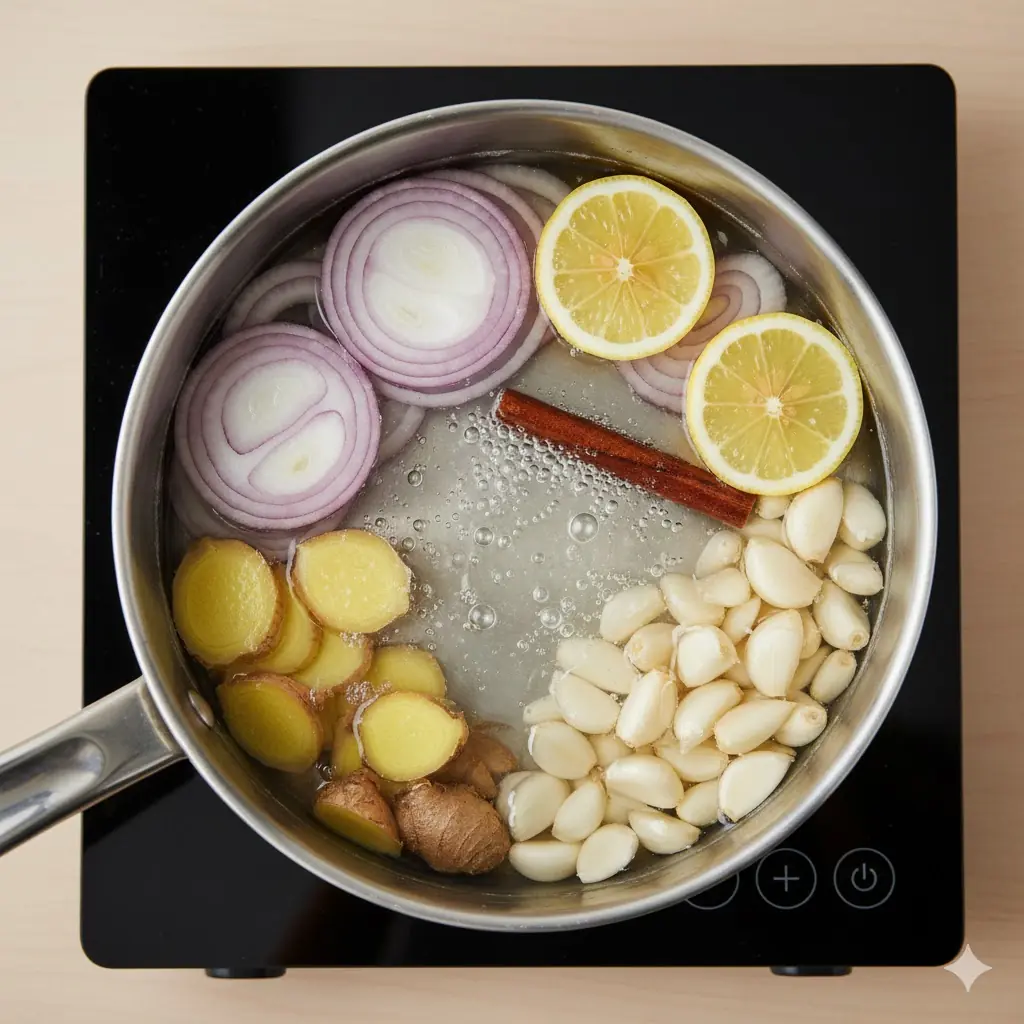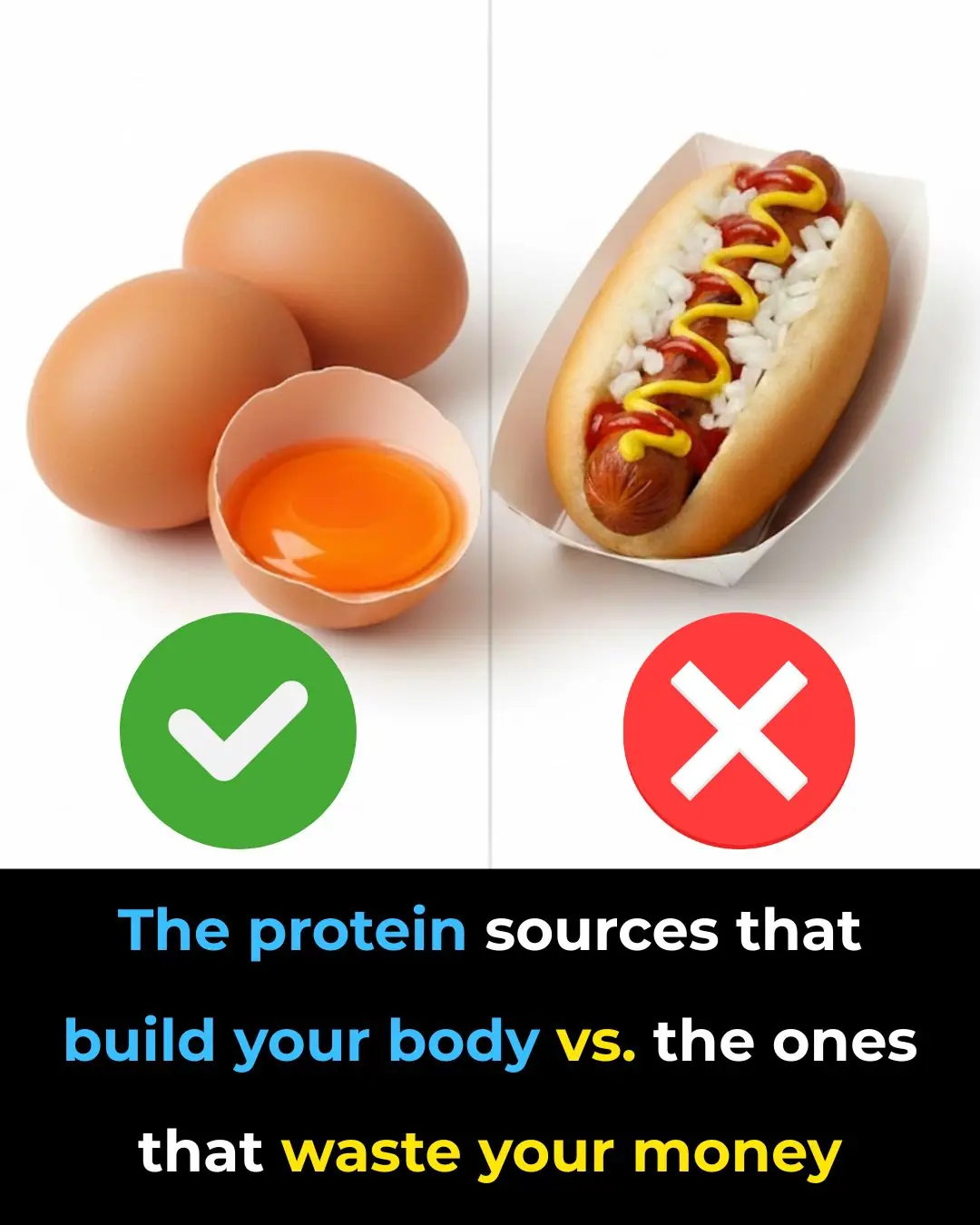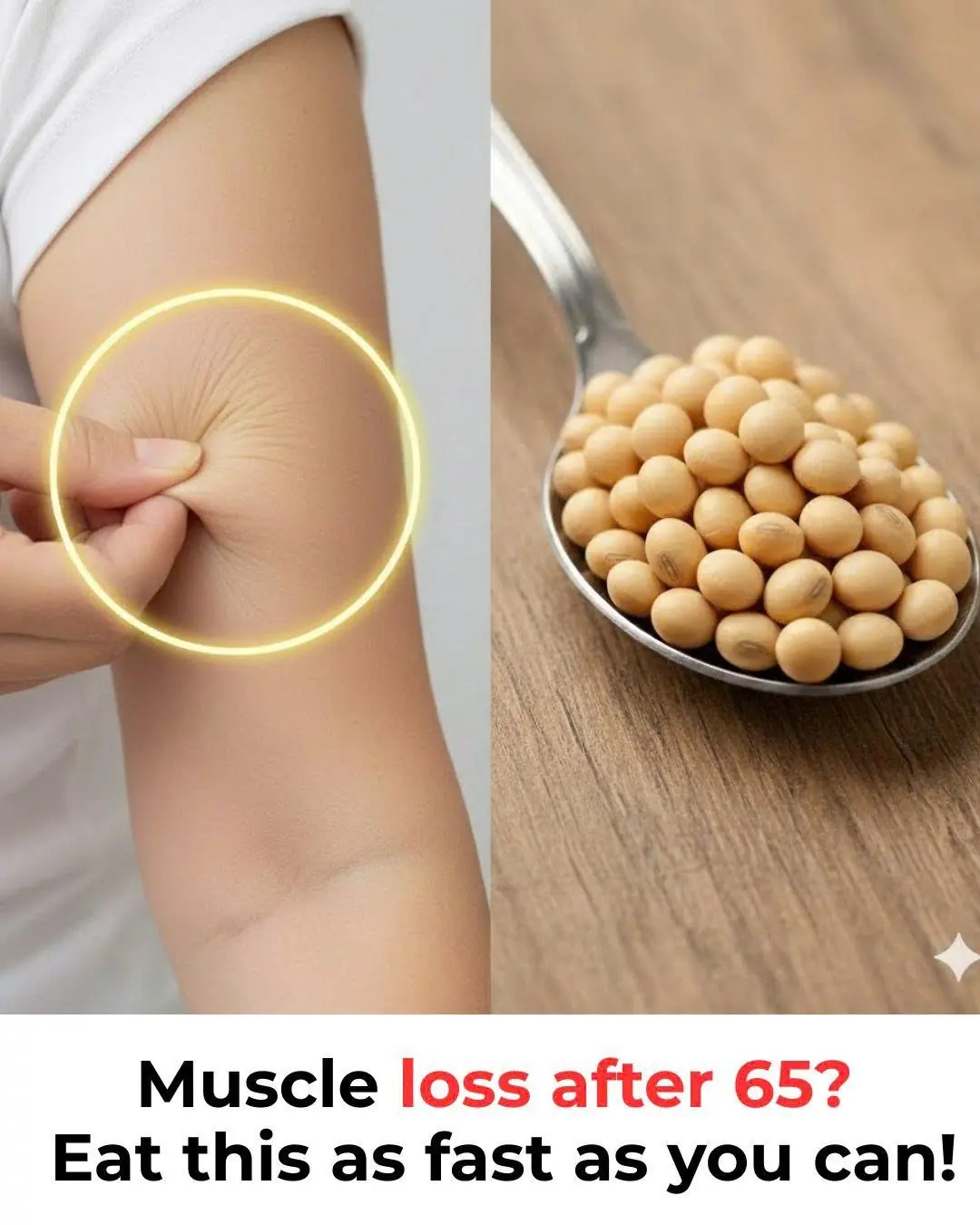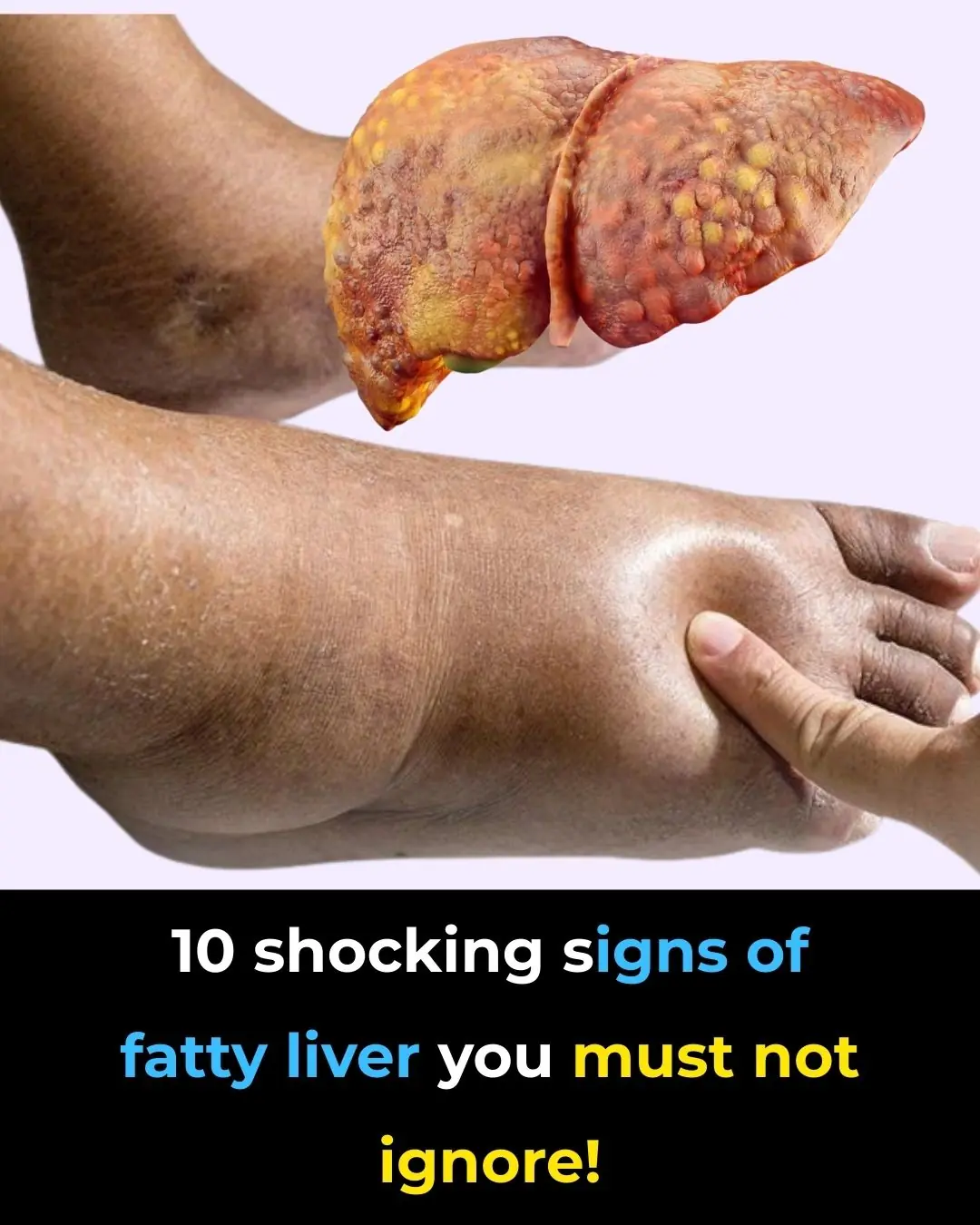
6 Trigger Foods That Cause Agonizing Pain If You Have Neuropathy

Neuropathy—also known as nerve damage—is one of the most common long-term complications of diabetes. Studies show that up to 60% of individuals diagnosed with diabetes eventually develop some form of neuropathy, particularly those who struggle to maintain stable blood sugar levels.
Just like many other chronic health conditions, the symptoms of peripheral neuropathy can be strongly influenced—either positively or negatively—by the foods you eat.
Peripheral neuropathy occurs when nerves outside the brain and spinal cord (the peripheral nerves) become damaged. This damage can result in weakness, numbness, burning, or sharp pain, typically in the hands and feet. In more advanced cases, neuropathy can also interfere with essential bodily functions such as digestion, urination, blood pressure regulation, and circulation.
Because diet plays such a critical role in both nerve health and blood sugar control, adjusting your food choices is one of the most effective strategies for preventing neuropathy or reducing its severity. Removing ultra-processed foods, limiting alcohol intake, and eating more nutrient-dense whole foods can make a noticeable difference in the way your nerves function.
Below are six of the worst trigger foods you should avoid if you want to reduce neuropathy symptoms and protect your long-term nerve health.
1. Gluten
Foods containing gluten are among the first items neuropathy patients are often advised to avoid.
Celiac disease affects the small intestine and disrupts the absorption of vital nutrients—nutrients your nerves depend on, such as vitamin B12. Even though only about 1% of the population is diagnosed with celiac disease, many more people experience non-celiac gluten sensitivity, which can still lead to inflammation and nutrient malabsorption.
Gluten is commonly found in bread, pasta, noodles, cakes, pastries, cereals, and baked goods. However, it can also appear in less obvious products such as soy sauce, gravies, marinades, and many packaged snacks. While some soy sauces are gluten-free, most traditional versions contain wheat, so reading product labels is essential.
If you suspect gluten may worsen your symptoms, switching to gluten-free grains like quinoa, buckwheat, or rice and choosing certified gluten-free products may help support better nerve function.
2. Trans Fats
Diets high in trans fats—often labeled as “partially hydrogenated oils”—promote inflammation, insulin resistance, and weight gain. All of these factors can worsen peripheral neuropathy or increase your risk of developing type 2 diabetes in the first place.
Trans fats are commonly found in fried fast foods such as fried chicken, doughnuts, French fries, battered fish, and mozzarella sticks. They may also appear in certain packaged snacks, margarine, and commercially baked goods.
To support nerve health, focus instead on healthier fats. Foods rich in monounsaturated and omega-3 fatty acids—such as avocados, almonds, walnuts, extra virgin olive oil, and flaxseeds—can help reduce inflammation and improve circulation.
3. Alcohol
Occasional drinking is generally not harmful for most adults. However, frequent or excessive alcohol consumption can severely aggravate neuropathy symptoms and contribute to long-term nerve damage.
Alcoholic neuropathy develops when chronic alcohol intake damages peripheral nerves. Symptoms may include spontaneous burning sensations, heightened sensitivity to pain, tingling, muscle weakness, and cramping.
If you notice alcohol consistently triggers nerve pain or worsens tingling and numbness, it’s important to cut back or quit altogether. Reducing alcohol intake not only protects your nerves—it also supports liver function, improves sleep, and stabilizes blood sugar levels, all of which play a role in managing neuropathy.
4. Refined Grains
Maintaining steady blood sugar levels is one of the most effective ways to prevent or slow diabetic neuropathy. Refined grains are problematic because they have a high glycemic index, meaning they cause rapid spikes in blood sugar.
Foods like white bread, white rice, regular pasta, pastries, and many breakfast cereals can quickly elevate glucose levels. These repeated spikes contribute to nerve damage over time.
Healthier alternatives include whole grains, low-carb vegetable substitutes like zucchini noodles, or simply refrigerating cooked pasta and rice to reduce their glycemic impact. Adding vinegar—such as apple cider vinegar—to meals has also been shown to help reduce blood sugar spikes.
5. Salty Foods
Salty snacks like potato chips, wafers, and processed fast foods are popular but harmful for people with neuropathy. High sodium intake can narrow blood vessels, restrict blood flow, and worsen numbness and tingling.
Cold cuts, canned soups, processed meats, frozen meals, and many convenience foods contain excessive sodium that can contribute to inflammation and poor circulation.
Choosing fresh, whole foods—like lean meats, vegetables, legumes, and unsalted nuts—can help maintain healthier blood pressure levels and support the oxygen and nutrient delivery your nerves rely on.
6. Sugar
Added sugar is harmful to almost everyone, but it is especially damaging for people with neuropathy or at risk of developing it.
High sugar intake leads to sharp blood glucose spikes and chronic inflammation, both of which damage nerves and the blood vessels that nourish them. Over time, excessive sugar consumption accelerates the onset of diabetic neuropathy and can make symptoms more severe.
Eliminating sugary snacks, beverages, pastries, and candies is essential for protecting nerve health. Even natural sugars found in fruits should be consumed in moderation, especially for individuals with diabetes or prediabetes. Choosing lower-sugar fruits like berries and pairing fruit with protein can help reduce glucose spikes.
Final Thoughts
Avoiding these six trigger foods won’t cure neuropathy, but it can significantly reduce symptoms, slow the progression of nerve damage, and improve your overall health. Pairing smart dietary choices with regular exercise, blood sugar management, and appropriate medical care offers the best chance at keeping neuropathy under control.
News in the same category


A Powerful Mixture for Cleansing Your Liver (2 Ingredients)

Studies Link Soda To Depression, Kidney Damage, Heart Attacks And Brain Damage

The Plant That Kills Cancer Cells, Stops Diabetes And Boosts Your Immune System!

7 powerful vitamins you need for strong, healthy legs

10 signs you’re eating too much sugar

Gallbladder removal: what happens next and 3 risks to watch for

10 Warning Signs Your Kidneys May Be in Danger

The protein sources that build your body vs. the ones that waste your money

Your pancreas could be ‘silently inflamed’ right now and you’d never know until it’s too late

The 5 foods that quietly fuel diabetes — and what to avoid to help reverse it

What if you ate 4 eggs a day with the yolks for 30 days

The Plant That Kills Cancer Cells, Stops Diabetes And Boosts Your Immune System!

The Ultimate DIY Clove Skincare Routine

Foods That Are Beneficial For Strengthening Muscles In Old Age

Why Staying Up Past Midnight Can Harm Your Brain

10 shocking signs of fatty liver you must not ignore!

The simple, natural method to relieve constipation and gas fast (no laxatives needed)

The 5 foods that quietly fuel diabetes — and what to avoid to help reverse it
News Post

First Person Cured of Type 1 Diabetes Using Stem Cell Therapy: A Groundbreaking Medical Achievement

Gray Hair: A Natural Defense Against Cancer, New Study Suggests

The Best Tea to Start Your Morning and After Dinner: A Powerful Blend for Wellness

Why Placing Borax on Wax Paper Under Your Fridge Works: A Full Guide

Young Student's Determination to Support His Education Inspires Viral Act of Kindness

Lavender Oil and Baking Soda: A Natural DIY Air Freshener Backed by Science (Full SEO Article)

MIT Scientists Develop Injectable Gel to Regenerate Damaged Nerves and Restore Sensation

How Attention Shapes Reality: The Neuroscience Behind Focus and Perception

From Fear to Trust: A Dog's Journey of Healing and Love

Cleaning the TV with tissue paper or plain water is a mistake. Use this to clean the dust and not scratch the screen

Bananas can't be eaten in time when bought. Do this so they won't be dark or overripe all week

A Powerful Mixture for Cleansing Your Liver (2 Ingredients)

Studies Link Soda To Depression, Kidney Damage, Heart Attacks And Brain Damage

The Plant That Kills Cancer Cells, Stops Diabetes And Boosts Your Immune System!

Frequent Daytime Naps Linked to Larger Brain Volume and Healthier Aging

7 powerful vitamins you need for strong, healthy legs

Study Reveals: Parents of Sons Experience Sharper Cognitive Aging

10 signs you’re eating too much sugar

Gallbladder removal: what happens next and 3 risks to watch for
